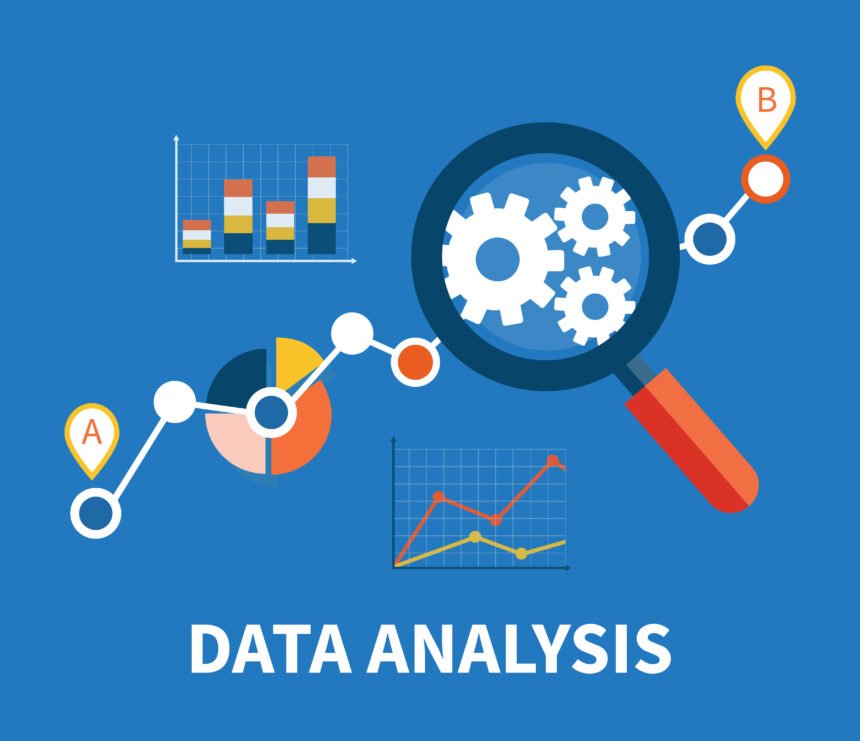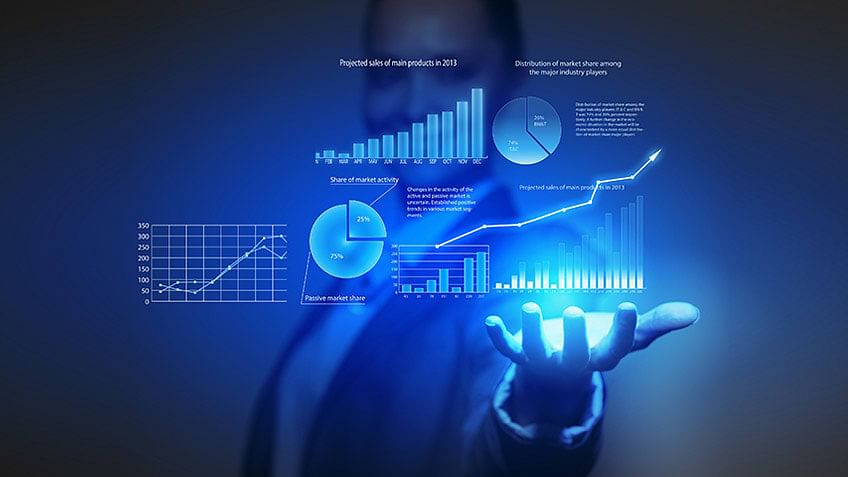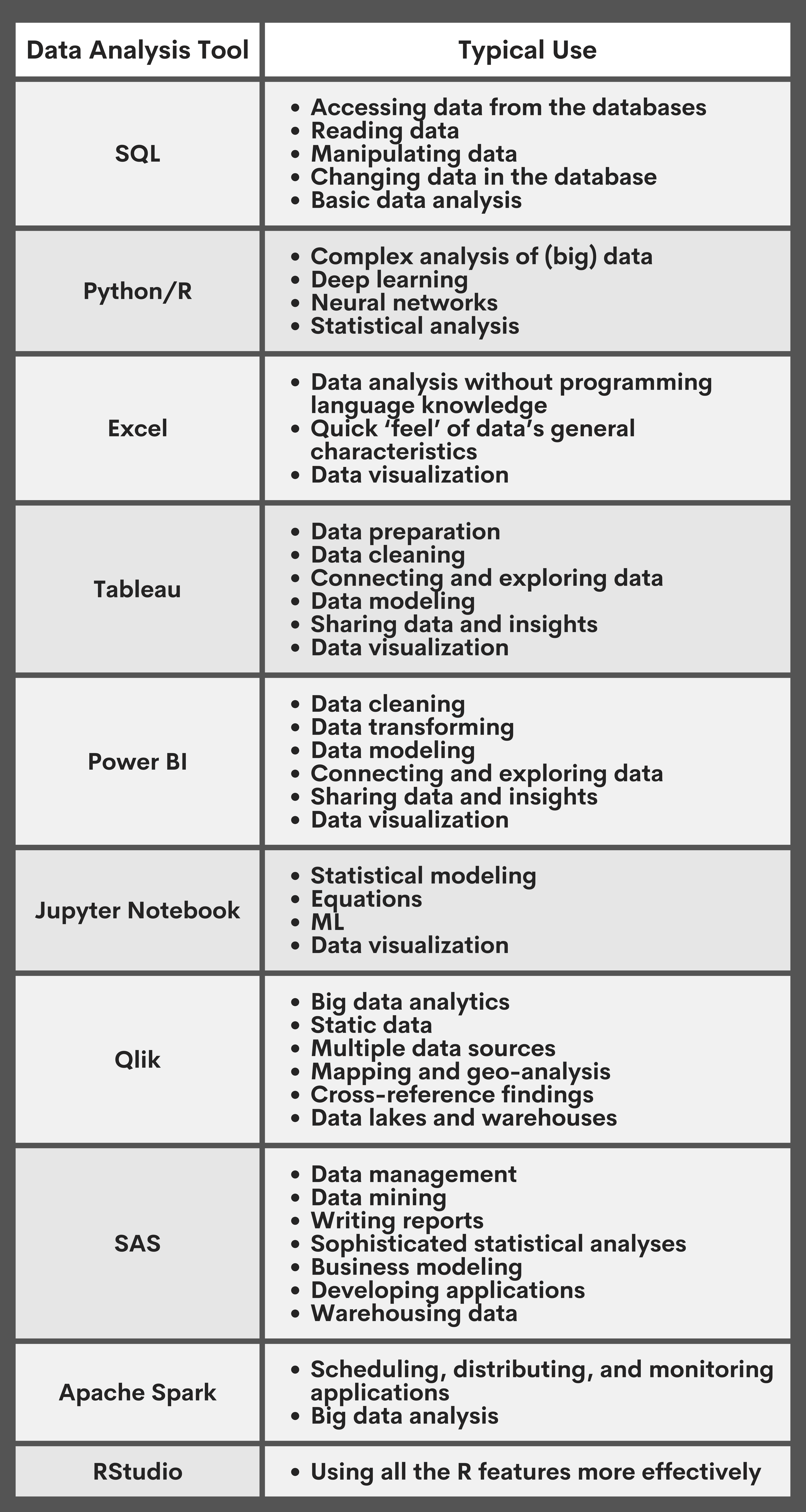Gain One-upmanship Via Effective Analytics Release
Maximize Development: Just How Analytics Drive Better Methods
By harnessing data understandings, organizations can refine their operational techniques, prepare for market modifications, and enhance client interaction. The obstacle lies not just in collecting information however in properly analyzing it to drive tangible results.
Recognizing Information Analytics
Information analytics is a systematic computational analysis of information that enables companies to discover meaningful patterns and insights. This process includes a selection of techniques, including statistical analysis, predictive modeling, and data mining, which collectively aim to transform raw information into workable information - Analytics. By using these approaches, companies can make educated decisions that are rooted in empirical proof as opposed to instinct alone
The foundation of information analytics lies in its ability to manage large amounts of details from diverse sources. This includes structured data, such as databases, and unstructured information, consisting of social media communications and client responses. Via using specialized software and devices, analysts can remove and refine this data effectively, determining fads and relationships that might not be immediately obvious.
Recognizing data analytics additionally involves identifying the importance of information top quality and integrity. Dependable and accurate data is vital for significant analysis; therefore, organizations must apply robust information governance methods. Moreover, the iterative nature of analytics allows for constant refinement and improvement of techniques, making certain that organizations continue to be agile in the face of transforming market characteristics and customer habits.
Secret Benefits of Analytics

One of the vital advantages of analytics is its capability to offer actionable insights. Organizations can promptly analyze large amounts of data, revealing patterns that may not be quickly obvious. This helps in preparing for market changes and adapting methods accordingly. Furthermore, analytics promotes a culture of evidence-based decision-making, decreasing dependence on intuition and guesswork.
One more substantial advantage is enhanced customer understanding. Analytics devices make it possible for companies to sector their audience, track consumer actions, and individualize advertising and marketing initiatives. This targeted technique not only boosts consumer interaction however likewise drives higher conversion prices.

Implementing Analytics Strategies
To completely recognize the advantages of analytics, companies should take on structured methods for implementation. This starts with clearly defining goals that straighten with wider service goals. By developing particular, quantifiable end results, organizations can concentrate their analytics efforts on locations that produce the highest roi.
Following, organizations must focus on data governance to make sure the integrity and protection of the data being evaluated. This entails establishing methods for information collection, storage, and gain access to while sticking to pertinent guidelines. Guaranteeing high-grade data is important for producing purposeful understandings.
In addition, fostering a culture of data-driven decision-making is important. This needs training workers to analyze analytics findings and encouraging collaboration across divisions. They are extra most likely to incorporate insights into their everyday operations. when teams understand the worth of analytics.
Last but not least, companies need to frequently evaluate and refine their analytics strategies. The landscape of information and modern technology is continually evolving, and remaining versatile will permit companies to utilize brand-new tools anonymous and methodologies effectively. By applying these organized methods, organizations can optimize the effect of their analytics initiatives and drive sustainable growth.
Tools for Reliable Analysis
Reliable evaluation relies upon a variety of tools that promote the extraction of understandings from information - Analytics. These tools can range from simple spread sheet applications to sophisticated equipment discovering systems, each serving a special function in the analytical process
Data visualization software application, such as Tableau and Power BI, plays an essential duty in changing complex datasets right into easy to understand graphical depictions. These tools make it possible for analysts to determine trends and patterns swiftly, enabling more educated decision-making.
Analytical evaluation software, like R and SAS, provides innovative abilities for performing in-depth analyses, including regression, hypothesis screening, and predictive modeling - Analytics. These features equip companies to attract purposeful conclusions from their data, recognizing prospective opportunities and risks
Additionally, database monitoring systems such learn this here now as SQL and NoSQL databases supply the essential framework for storing and querying large volumes of data effectively. They ensure that information is arranged and easily accessible for evaluation.
Last but not least, organization intelligence systems incorporate numerous information resources, giving an extensive sight of organizational performance. By using these tools efficiently, organizations can enhance their logical capacities, allowing them to establish methods that make best use of growth and enhance overall performance.
Instance Researches of Success
Successful organizations often utilize data analytics to drive impactful strategies, as shown by several notable situation studies. By employing these understandings, Netflix has successfully customized its material suggestions, resulting in boosted individual involvement and customer retention.

Furthermore, click for more info Starbucks uses data analytics to establish optimal store locations and refine its product offerings. By taking a look at client demographics and acquiring patterns, Starbucks efficiently identifies high-potential markets and tailors its menu to local tastes, driving sales and consumer commitment.
These instance studies illustrate that effective usage of information analytics can lead to tactical advantages, fostering development and growth within organizations across numerous markets.
Conclusion
Finally, the combination of analytics into organizational approaches significantly enhances decision-making procedures and cultivates lasting growth. By leveraging data-driven insights, organizations can recognize fads, expect market shifts, and optimize procedures. The reliable execution of analytics devices additionally supports agility and innovation, allowing organizations to navigate affordable landscapes with higher precision. Ultimately, a dedication to analytics not just drives prompt performance improvements yet likewise secures long-lasting success in an ever-evolving industry.
Information analytics is a methodical computational evaluation of data that enables companies to discover purposeful patterns and insights.Recognizing data analytics likewise includes recognizing the value of information high quality and honesty. Reliable and accurate data is crucial for significant evaluation; thus, organizations have to execute durable information governance methods.Following, companies need to prioritize data administration to ensure the stability and protection of the information being assessed.Successful organizations typically utilize data analytics to drive impactful techniques, as shown by numerous remarkable case studies.